- Neurodiversity Paradigm Aligned: We are staunch advocates of the Neurodiversity Paradigm, recognizing and endorsing the myriad ways in which brains naturally function within the human spectrum. Our practices repudiate Applied Behavior Analysis (ABA) and the behavioral modification approaches it entails. We offer a compassionate and respectful alternative that refuses to rely on coercion, behaviorism, or reward systems. Instead, we foster an understanding and supportive environment focused on intrinsic growth and personal well-being.
- Neurotype Recognition & Community-Driven Support: In our dedication to embracing neurodiversity, we've developed specialized approaches for identifying and nurturing Autistic and Allistic individuals. We are acutely aware of the coping strategies, such as camouflaging (e.g. masking), Pathological Demand Avoidance (PDA), non-pathological demand avoidance, burnout, shutdown, and trauma unique to neurodivergence. Our evaluation process is intentionally designed to highlight strengths, fostering a profound sense of affirmation and pride. We celebrate traits of Autistic neurotypes, ensuring that our clients recognize and embrace their authentic selves without experiencing the shadow of deficit-focused narratives. This spirit of celebration is extended in our reports where we conscientiously use language that encourages pride and confidence, avoiding any implication of shame or apprehension.
- Specialized in Neurodivergent and School-Based Trauma: Our therapists are not only trained to understand and address the wide range of traumatic experiences, but we possess a deep expertise in recognizing the manifestations of trauma that are specific to neurodivergent individuals. We are adept at identifying and supporting those who have endured school-based trauma, which can lead to profound challenges such as school refusal, shutdowns, and burnout. We are dedicated to nurturing an empathetic and therapeutic environment to help mitigate these traumatic experiences and promote healing and resilience.
- Informed by Lived Experience: Our team isn't just versed in evidence-based practice; we actively follow and implement insights from researchers and specialists who themselves share the neurotypes they specialize in, offering us a profound level of understanding and connection. This lived-experience perspective is an invaluable asset to our practice. Moreover, our clinic takes pride in being locally owned and operated by an AuDHDer (Autistic and ADHDer), enriching our services with firsthand Autastic expertise.
- Allied and Gender Identity Affirming: We stand as allies with the LGBTQIA+ community, ensuring access to supportive environments that affirm every individual's gender identity and sexual orientation. Recognizing the importance of a secure and welcoming space, we are dedicated to creating a sanctuary where the journey of self-identity is honored, ensuring members of the LGBTQIA+ community feel safe, seen, and fully supported here at Therapy Center of Buda.
- BIPOC Embracing and Intersectionality Aware: Our commitment extends to affirming the identities and experiences of Black, Indigenous, and People of Color (BIPOC). We recognize the intersectionality of identity and the unique challenges that may arise at these crossroads. Every individual's diverse heritage is honored and respected in our therapy practices.
- Grounded in Social Justice and Championing Autonomy: Our practice is deeply embedded in the pursuit of social justice, guided by unwavering commitments to equity, fairness, and respect for every individual. Central to our ethos is the value we place on personal autonomy; we staunchly oppose any form of coercion or manipulative tactics in therapy, instead embracing the principle that our clients are the most vital members of the therapeutic team. Their modes of communication—whether through spoken words, augmentative and alternative communication (AAC) systems, gestures, written methods, or any diverse forms of expression—are always honored and held in the highest esteem. We are not just facilitators but partners, upholding the right of every person to self-advocate and be active participants in their therapeutic journey.
- Holistic Family-Centered Approach: We recognize that the path to wellness and understanding isn’t isolated to our client alone. Inherently, each client is a cherished member of a family network, and their experiences have a significant ripple effect on the family unit. We are keenly aware that neurodivergence is often a shared genetic journey, with various neurotypes enriching the family tapestry. When one member embarks on a therapeutic journey, it resonates throughout the family, from adjusting everyday dynamics to fostering deep empathy and appreciation for all neurotype presentations. Our therapy extends beyond the individual, providing the entire family with essential tools for reframing perspectives, unlearning ingrained misconceptions, and cultivating self-compassion. This comprehensive approach is crucial, as it ensures that every family member feels supported, validated, and prepared to thrive together in mutual understanding and respect.
- Celebrates Neurodivergence: At Therapy Center of Buda, we recognize neurodivergence as a vital expression of the human experience, not a condition to be corrected. We uphold the autonomy of each individual, ensuring that their personal communication styles, from spoken words to AAC systems and beyond, are deeply respected. Our therapeutic space cherishes personal needs and emotions, offering freedom to stim, self-regulate, and move through the world in a way that feels natural and fulfilling. Here, we operate without the pressure of imposed norms, allowing every individual to thrive according to their neurobiological needs, free from mandates like forced eye contact or compliance. We are committed to honoring and embracing the unique paths of neurodivergent individuals with unwavering support and admiration.

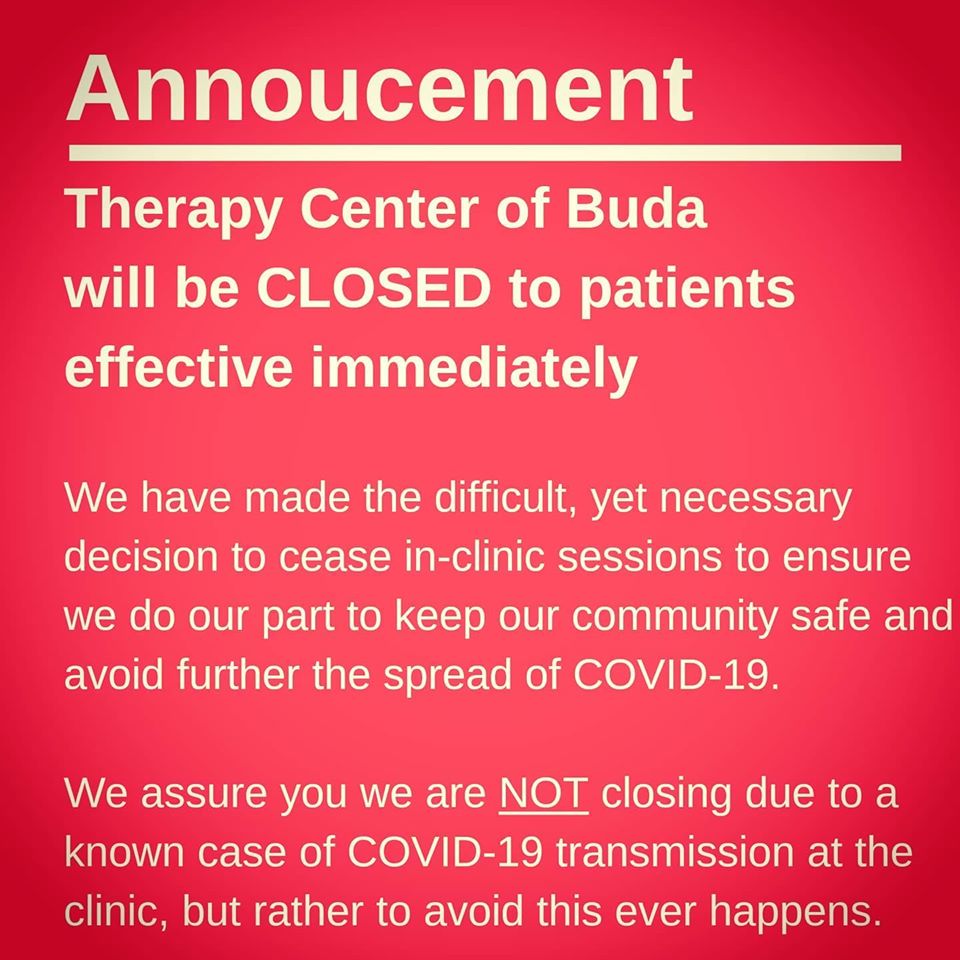

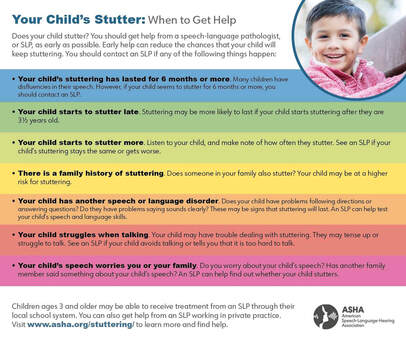

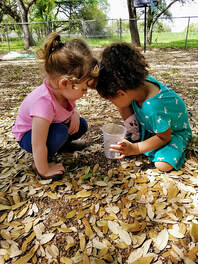
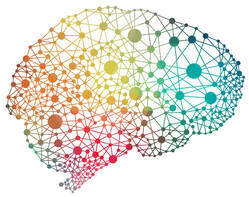
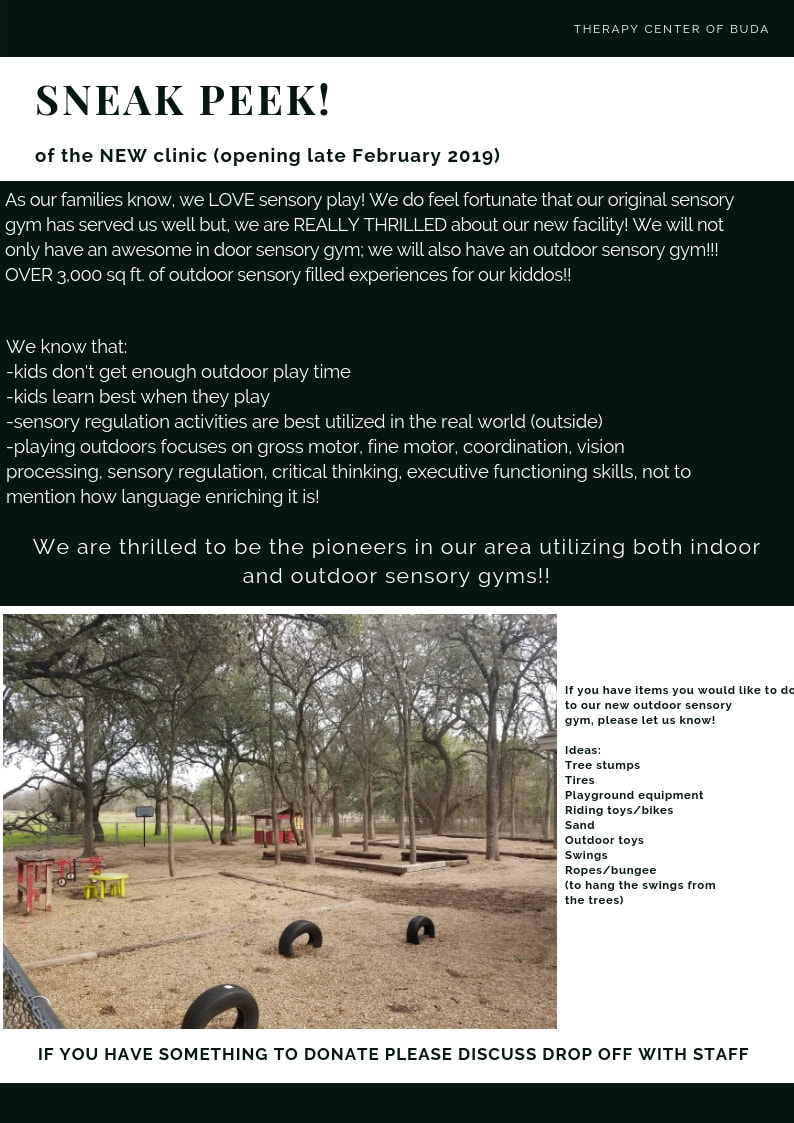
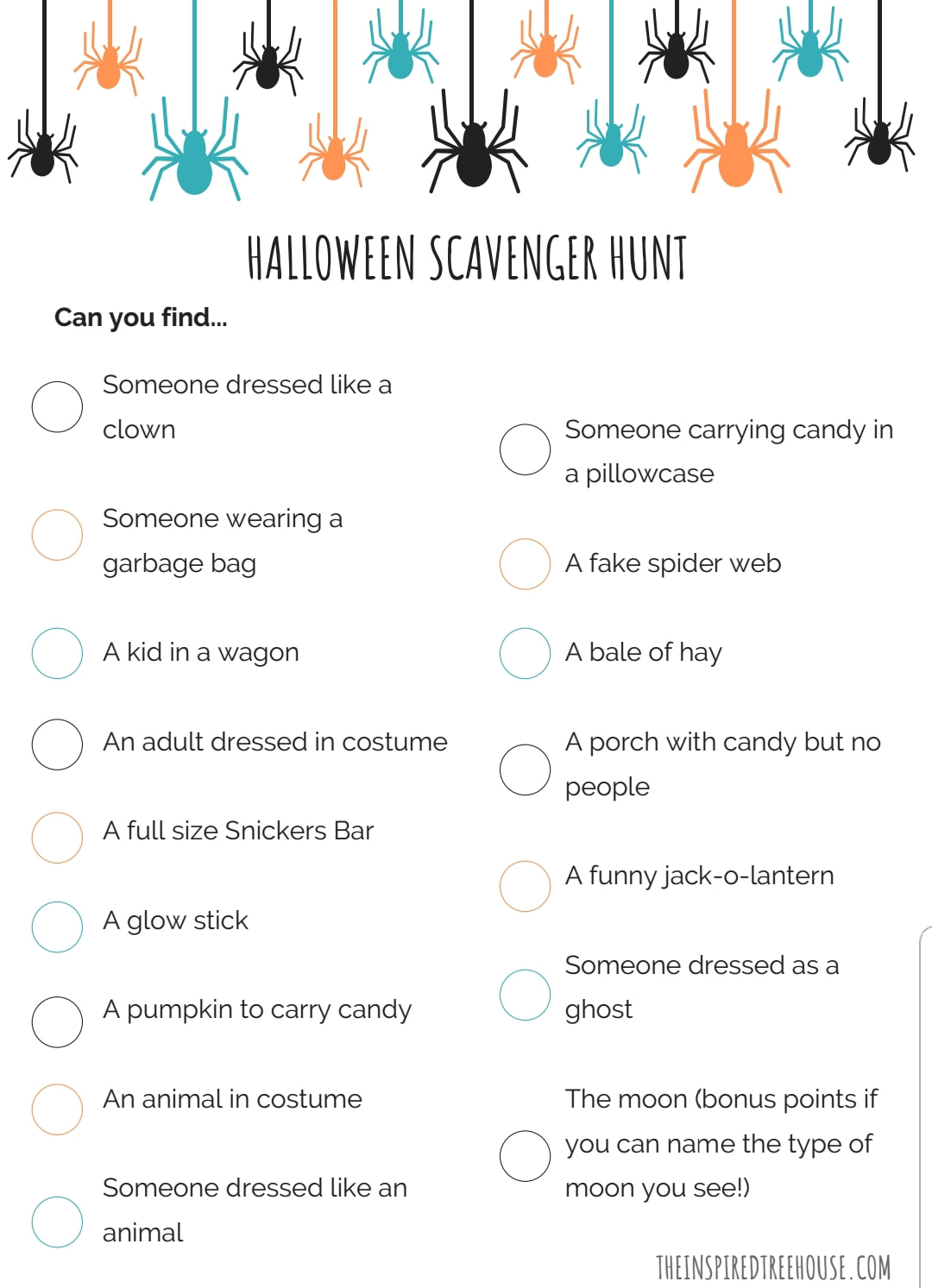



 RSS Feed
RSS Feed
